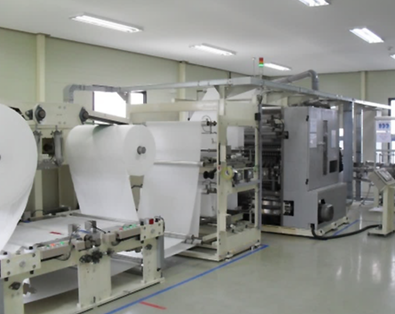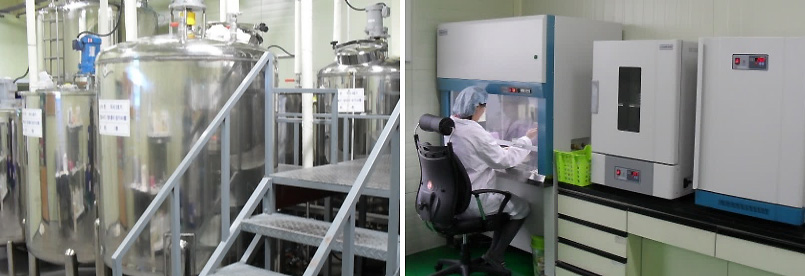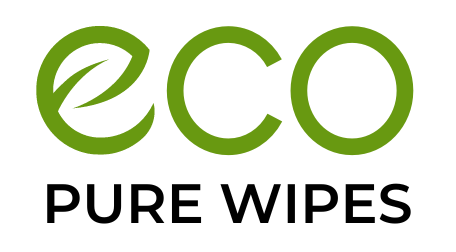Why Ecopure Wipes
Ranked first in production scale, automation, and manufacturing environment among wet tissue OEM companies
We produce high quality wet tissues through a strict quality control system.
Wet tissue production
- Baby Wipes
- Regular Wet Wipes
- Sanitary Wipes
- Cleansing Wipes
- Pet Wipes
R&D (RESEARCH & DEVELOPMENT)
Non-woven fabric
Introduced and commercialized 1.2 denier fabric for the first time in 2105.
Developed fabric containing camellia flowers and progressed to fabrication of product (2018)
Incorporating camellia oil ingredients into the wet tissue fabric, preventing skin itching and maintaining moisture.

Innovative & Preservative-free formulation
Explore the forefront of wet tissue innovation with our advanced hypoallergenic, preservative-free formula.
Having initiated groundbreaking online product launches from 2013 to 2018, and spearheaded the development of cleansing, hand disinfection wipes, and basic cosmetics from 2014 to 2020, we stand at the forefront of delivering unmatched quality and innovation.

Our Quality control system
Import Inspection
Purified water inspection | Inspection of raw materials
Process inspection
Semi-finished product pH | Appearance shape | Leakage, weight | Pop up, lump | Grounding and appearance | Foreign substance, dimensions | Housekeeping
Finished product inspection
Microbian test | Packaging appearance | Aging Test
Customer feedback
Customer claim | Cause analysis | Establishing and sharing countermeasures | Customer feedback | Claim prevention
STEP 1: 5-Micro Filter
Removal of turbidity in water
STEP 2: Carbon Filter
Water purification using the adsorption properties of activated carbon particles. Adsorption and removal of residual chlorine, organic matter, color turbidity, etc contained in the raw water.
STEPS 3-5: Reverse Osmosis Membrane
Removal of organic matter, infectious germs, bacteria, etc. by using a semi-permeable membrane wrapped in a circle using reverse osmosis (99% removal of oraganic matter, inorganic matter, viruses, etc.)
STEPS 6-7: Ion Exchange Bed
A device that changes hard water into soft water by absorbing ions (heavy metals) and negative ions (organic matter) remaining in the water.
STEP 8:Primary UltraViolet sterilization
Lamps that emit UV rays with strong photochemical and fluorescence effects, and irradiates UV from purified water storage tanks to remove any residual remaining microorganisms.
STEP 9: 0.2-Micro Filter
Same characteristics as 5 micro, removal of relatively small particles, larger than 0.2um dissolved in raw water
STEP 10: Secondary UV sterilization
Lamps that emit UV rays with strong photochemical and fluorescent effects. When transferring water from a storage tank to a solution manufacturing tank, powerful UV rays are applied to remove any residual microorganisms.
